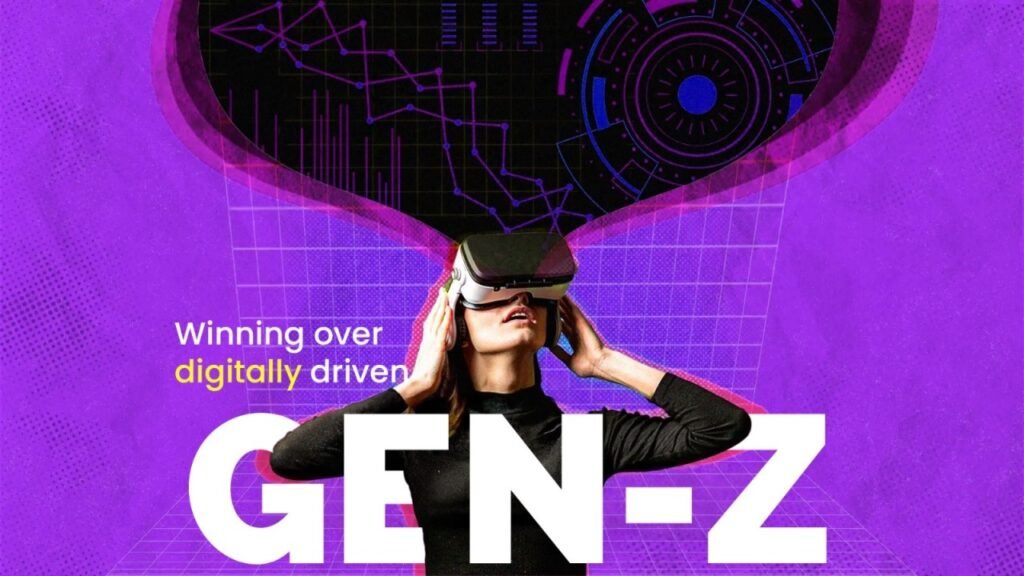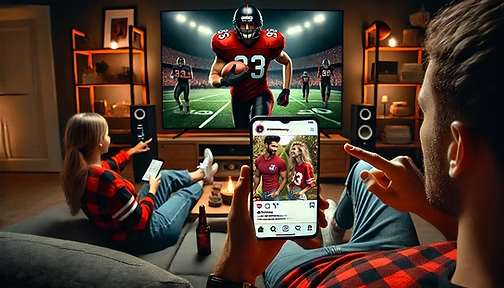
In 2025, Gen Z has firmly established itself as the most influential generation in shaping the future of sports fandom. Unlike the passive fans of previous generations, Gen Z craves interaction, authenticity, and immersive experiences. Their approach to following sports is redefining everything—from how games are watched to how athletes are perceived and how brands engage with fans. This new wave of fandom, fueled by digital innovation and social consciousness, is reshaping the global sports landscape.
The Digital-First Mindset of Gen Z Sports Fans
Born into a hyper-connected world, Gen Z (born between 1997 and 2012) consumes sports content in radically different ways. Traditional television broadcasts and printed sports magazines have little appeal to them. Instead, they rely on:
- Short-form videos on TikTok, Instagram Reels, and YouTube Shorts
- Live streaming through platforms like Twitch and YouTube Live
- Real-time highlights on social media feeds
- Interactive content from athletes and teams
This generation values immediacy and interactivity over passive viewing. For them, sports fandom is not just about supporting a team; it’s about participating in a community and engaging with content on their terms.
Personalization and Micro-Communities
One of the defining characteristics of Gen Z sports fans is their desire for personalized content. Algorithms and AI-driven feeds provide tailored highlight reels, fantasy insights, and even meme-based sports coverage that resonates with their interests.
They are more likely to join:
- Private Discord groups focused on niche teams or players
- Subreddits and forums that provide insider commentary
- Fan-run YouTube channels with deep-dive analytics or humorous takes
Rather than committing to a single team for life, Gen Z fans follow individual athletes, gaming personalities, or even sports brands that align with their values or online identity.
The Rise of Athlete-Influencers
For Gen Z, athletes are more than just players—they are content creators, influencers, and role models. This generation wants access to the behind-the-scenes lives of their sports idols, not just what happens on the field. As a result:
- Athletes now host vlogs, podcasts, and live Q&A sessions
- Personal brands are just as important as performance
- Social justice activism and authenticity increase fandom loyalty
LeBron James, Serena Williams, and Naomi Osaka have set the bar high, but newer athletes like Coco Gauff and Erling Haaland are also building massive Gen Z followings through digital storytelling.
Esports and Virtual Arenas Take Center Stage
Traditional sports are no longer the only game in town. Esports—once a niche interest—has become a dominant part of sports culture for Gen Z. The line between sports and gaming continues to blur with the rise of:
- Tournaments in games like Fortnite, FIFA, Valorant, and NBA 2K
- Crossover events where athletes compete in gaming formats
- Hybrid platforms like Twitch where fans can watch, comment, and donate
In 2025, virtual arenas have become common, allowing fans to attend games and tournaments in VR. These immersive experiences are especially popular among Gen Z fans who value digital-first interaction over physical attendance.
Authenticity, Inclusivity, and Ethics
One of the most defining traits of Gen Z is their commitment to social values and transparency. They support teams, players, and brands that reflect their views on:
- Gender and racial equality in sports
- Environmental sustainability
- Mental health awareness
- Anti-corruption and fair play
For instance, leagues that take strong stances on inclusivity, such as the WNBA and women’s football leagues, are seeing rising support. Brands that partner with athletes on mental health or climate change initiatives earn deeper engagement.
Content Consumption: Always-On, Everywhere
Gen Z doesn’t wait for game day. Sports content is consumed:
- While commuting (via podcasts or short videos)
- In classrooms and offices (thanks to mobile-friendly apps)
- During gaming sessions (with sports content running in the background)
Multi-screen usage is the norm, with Gen Z watching games on a smart TV while simultaneously scrolling through athlete updates on TikTok and engaging in fantasy league chats on Discord.
How Sports Brands and Leagues Are Adapting
To win the loyalty of Gen Z, sports leagues and brands are shifting strategies:
- NFL and NBA have ramped up content creation for TikTok and Snapchat
- Soccer clubs like Barcelona and PSG now invest heavily in social content teams
- Nike and Adidas collaborate with creators and influencers, not just athletes
Some are even developing metaverse experiences and digital collectibles (NFTs) to create exclusive fan experiences that align with Gen Z’s love of digital ownership and status.
Gen Z has ushered in a new era of sports fandom—one that is digital, inclusive, and deeply personal. From VR sports experiences to authentic athlete storytelling, the expectations of this generation are setting the tone for the entire sports industry. Teams, leagues, and brands that want to stay relevant must embrace this evolution or risk losing the next generation of fans altogether.

